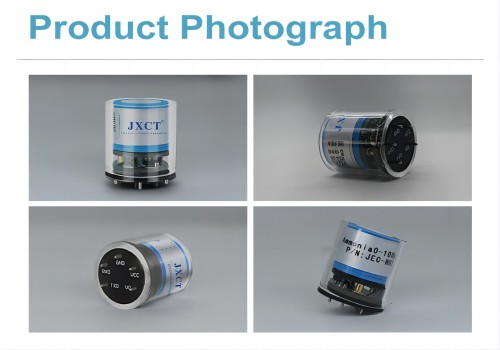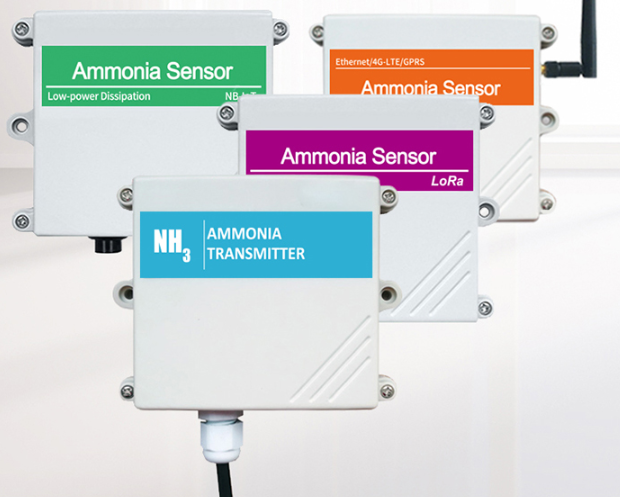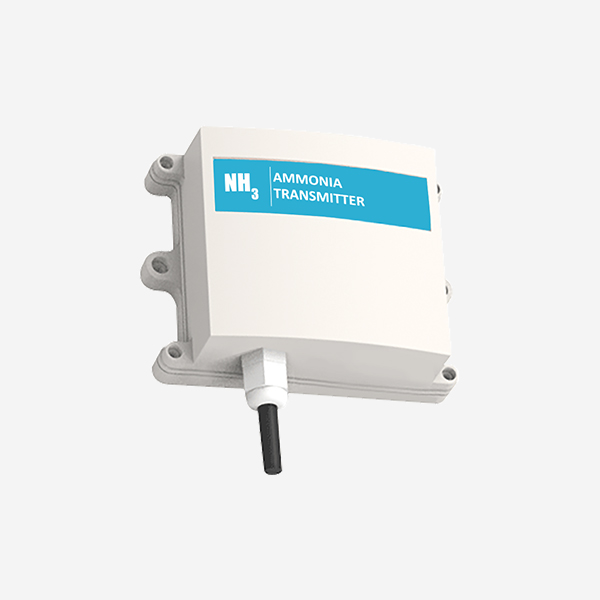Ammonia is a colorless, pungent gas that is widely used in many industrial applications and found in agricultural production. It is a critical component in the manufacture of fertilizers, plastics, and explosives, among other things. However, ammonia can be hazardous to human and animal health and the environment when it is released into the atmosphere. As such, the need for accurate and reliable ammonia sensors has become increasingly important in recent years.
Types of Ammonia Sensors
There are several types of ammonia sensors available in the market, and each one operates on a different principle. Some of the most common ammonia sensor include:
Infrared sensors
Electrochemical sensors
Wall-mounted gas sensors
Portable gas detector
Electrochemical Ammonia Sensors

Electrochemical sensors are one of the most widely use ammonia sensor. These sensors work by measuring the current generated when ammonia reacts with an induction electrode. The magnitude of the current is proportional to the concentration of ammonia in the air. The sensitivity of the sensor can be adjusted by changing the composition of the sensor electrode.Customize the measurement range according to customer requirements to meet specific application requirements.
Semiconductor sensor

Semiconductor Ammonia sensor uses gas sensitive material, small size, light weight, easy installation, using high-performance chips, widely used in industrial production. Stainless steel protective net, easy to clean, can effectively protect from particles and impurities interference. Stable and reliable, fast response, and strong anti-interference ability.
Wall-mounted gas sensors

Ammonia sensor adopts professional semiconductor sensor probe as the core detection device; The input power supply, induction probe and signal output in the sensor are completely isolated, safe and reliable, beautiful in appearance and easy to install.
Portable gas detector

Portable ammonia concentration detector is fine – open independent research and development of a portable gas monitoring equipment, has the characteristics of small portable, waterproof fire blast, has a very long standby time, you can use the USB charging anytime and anywhere, using IPS color screen interface, convenient for data observation, acousto-optic dual alarm functions, and provide security for personnel safety.
Conclusion
Ammonia sensors play a crucial role in many industrial, agricultural, and environmental applications. The selection of the appropriate sensor depends on several factors, such as sensitivity, accuracy, response time, selectivity, environmental conditions, and maintenance requirements. The various types of ammonia measurement sensors available in the market, such as electrochemical sensors, metal-oxide sensors, photoionization detectors, infrared sensors, and catalytic sensors, offer different levels of sensitivity, accuracy, and selectivity. By carefully considering these factors, users can choose the most appropriate ammonia measurement sensor for their specific application requirements.
